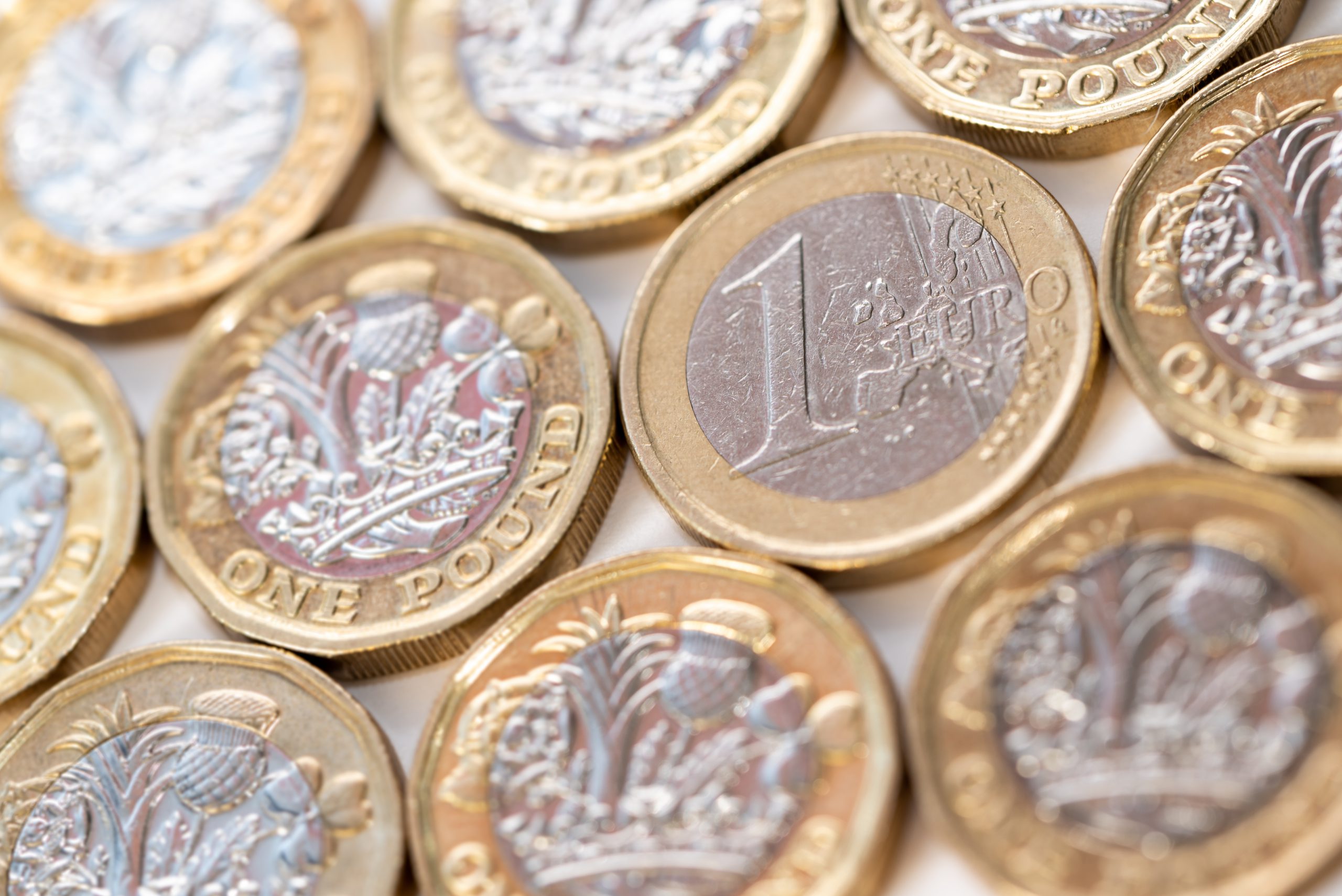GBP/EUR Exchange Rate Strengthens despite Rebounding German data
The Pound Euro (GBP/EUR) exchange rate is climbing this morning despite better-than-expected German industrial production data.
At the time of writing the GBP/EUR exchange rate is trading at around €1.1738, up roughly 0.3% from this morning’s opening rate.
Euro (EUR) Slumps despite Positive Factories Data
The Euro (EUR) is slipping against the majority of its peers today despite Germany’s latest industrial production data surpassing market expectations.
Industrial production in Germany rose by 1% in January, beating forecasts of a 0.6% increase, and rebounded from December’s 2% contraction.
This morning’s release coupled with a surge in German exports earlier in the week left EUR investors optimistic surrounding the economic outlook for the Eurozone’s largest economy.
However, undermining Euro sentiment today are comments from several European Central Bank (ECB) policymakers surrounding the timing of upcoming interest rate cuts.
Earlier today, ECB Governing Council Member Gediminas Šimkus spoke on the outlook for future monetary policy, and explained ‘a rate cut in June is very likely’, while his colleague Francois de Galhau suggested a rate cut in spring is ‘very likely’.
Looking ahead to the start of next week, Tuesday will see the release of the latest German inflation level.
With inflation forecast to warm in February, this may in turn undermine upcoming ECB rate cut bets amid signs of persisting inflation, and boost EUR exchange rates.
Pound (GBP) Muted amid Data Lull
The Pound (GBP) is trapped in a narrow range against the majority of its counterparts today amid an absence of macroeconomic data releases.
Sterling sentiment is also limited amid renewed Bank of England (BoE) interest rate cut bets.
BoE rate cut speculation has been stoked following the publication of the Office for Budget Responsibility’s (OBR) latest inflation forecast earlier in the week.
The OBR now predicts that UK inflation will fall below 2% within the next few months, likely placing pressure on the BoE to start loosening its monetary policy.
Looking ahead, the primary driver of movement for Pound exchange rates next week will likely be the release of the UK’s latest GDP reading.
January’s data is expected to confirm that the British economy grew by 0.2%, and may ease fears surrounding the outlook for the UK economy.
Beforehand, the UK’s latest jobs data is scheduled for release, on Tuesday. Unemployment is expected to hold steady at 3.8%, with signs of a robust UK labour market likely to underpin the Pound.


Comments are closed.